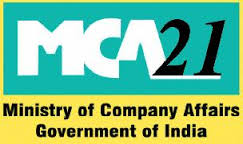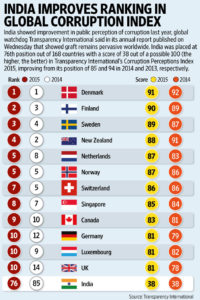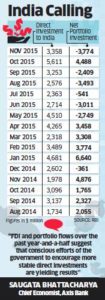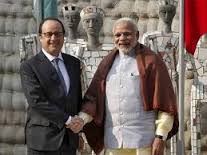 India’s booming online marketplace business has attracted a new wave of merchants and sellers from countries such as China, South Korea, Japan, Singapore and the US. In fact, thousands of sellers are getting into tie-ups with Indian e-commerce players to kick-start operations in the country.
India’s booming online marketplace business has attracted a new wave of merchants and sellers from countries such as China, South Korea, Japan, Singapore and the US. In fact, thousands of sellers are getting into tie-ups with Indian e-commerce players to kick-start operations in the country.
According to industry insiders, around 50,000 sellers from China, South Korea and Singapore are planning to enter India through online marketplace players.
“In business-to-business (B2B) segment, there is no online organised player in the country right now. The market is being created for the online businesses,” said Sanjay Sethi, co-founder and CEO of Shopclues. The company has brought in DHgate, the second largest player in China after Alibaba, on to its platform. It’s also getting 25,000 South Korean merchants on board. Tie-ups are also in process with Singapore Traders Association to enable them to sell on Shopclues.
American retail major Walmart is also exploring ways to tie up with leading e-commerce companies in India, including Flipkart, Snapdeal, ShopClues, Grofers and Bigbasket. It is learnt that German wholesale giant Metro Cash and Carry is also in talks with e-commerce marketplace players to sell its products online.
Meanwhile, e-commerce giant Alibaba is looking to make a big bang entry into India’s marketplace via One97 Communications-owned Paytm.
Alibaba is expected to be the support behind Paytm’s China product portfolio. With that in place, Paytm will aim to become the biggest Indian player insofar as the number of sellers on the platform is concerned. With eight million sellers, Alibaba has the widest seller range as well as product portfolio.
This is not for the first time that Paytm is planning to sell Alibaba’s product range. During Diwali last year, Paytm had the whole product catalogue sourced from Alibaba and merchants from China were directly shipping products to customers in India, saving Paytm the hassle of finding warehouses.
As for the second top player in China, DHgate, online B2B would be a gateway into India and an opportunity to get connected to 350,000 sellers through the Shopclues portal.
DHgate plans to list its products across categories, including electronics, accessories, beauty products and sports. “From China we are getting around 10,000 SKUs (stock keeping units) listed. It is not a retail business and the target audience for this business are other businesses in India,” said Sethi.
The foreign investment rules vary across retail platforms and companies often resort to complex structuring to bypass policy. While foreign direct investment (FDI) is capped at 51 per cent in multi-brand retail with states having the last say on whether international players would be permitted to operate or not, there’s no limit of foreign investment in single-brand and business-to-business or cash and carry.
In e-commerce, however, FDI is not permitted. But, e-commerce players are mostly run with foreign money by operating marketplace platforms, where rules have not been framed yet.







